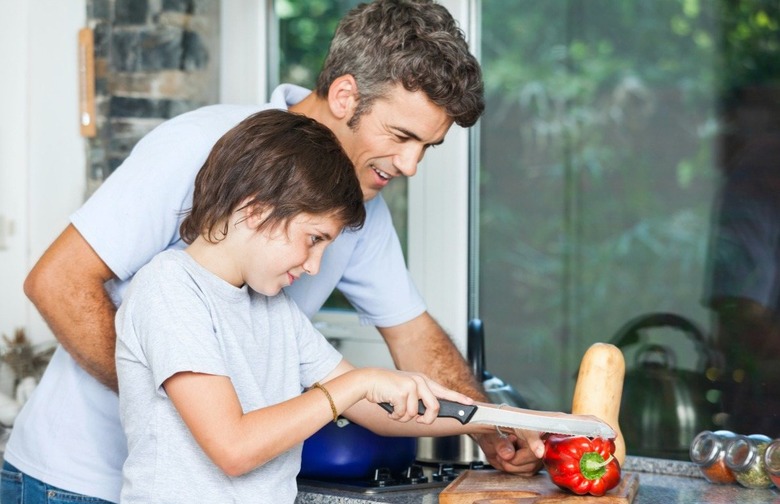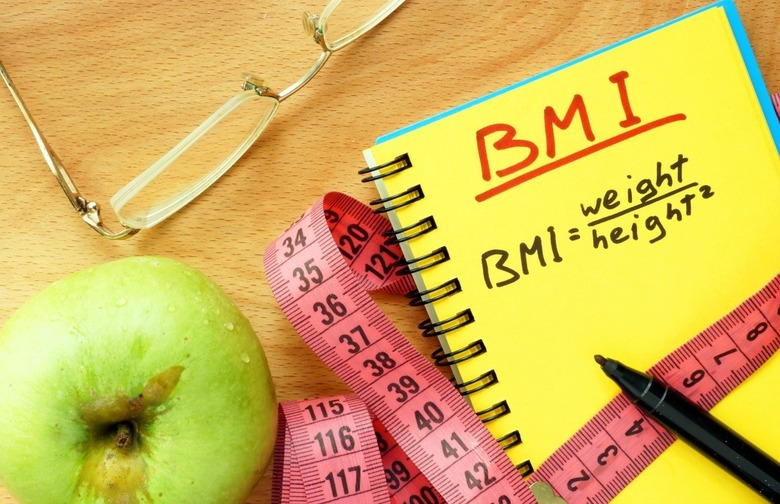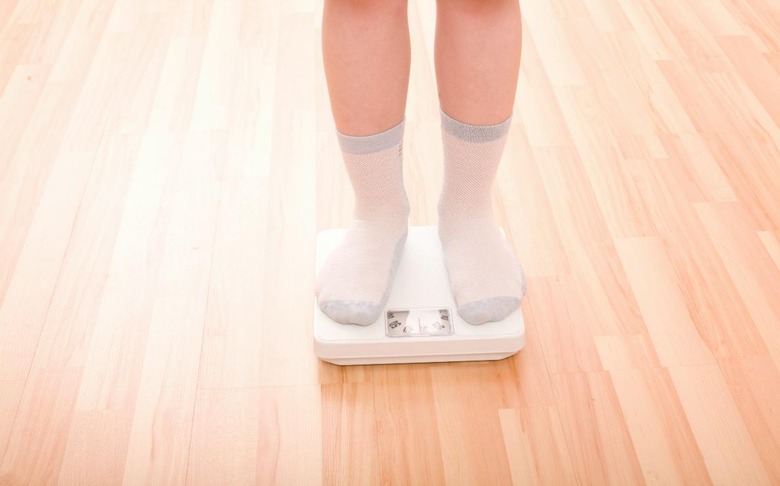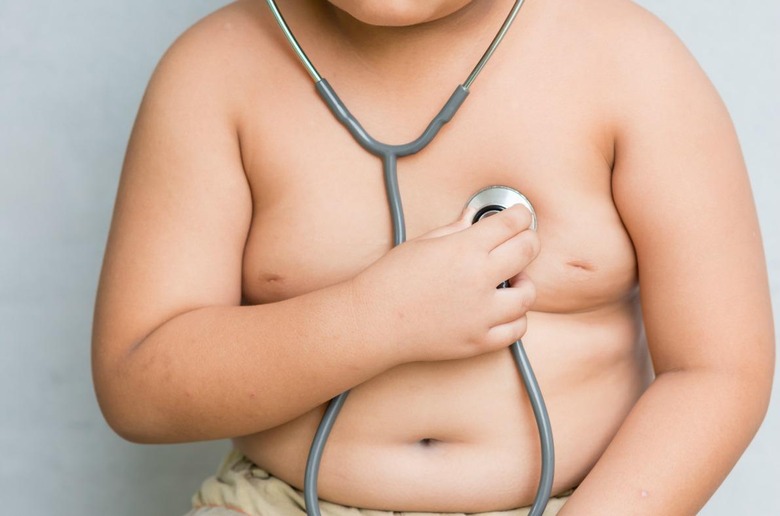It's Not Just Baby Fat: 10 Reasons You Should Care About Childhood Obesity
When it comes to childhood obesity, the numbers tell all. According to the Centers for Disease Control and Prevention, in the past 30 years, childhood obesity has more than doubled in children and quadrupled in adolescents. Childhood obesity has both short-term and long-term effects on both mental and physical health.
Biggest Problems Surrounding Obesity
"Having parents and caregivers be able to recognize that their child is obese is an issue," said Kristi King, Kristi King, MPH, RDN, LDN, CNSN, and spokesperson for the Academy of Nutrition and Dietetics, "as well as getting parents to understand the importance of role modeling. Kids learn by watching. So, if the parents aren't committed to a healthy lifestyle, likely the child won't be either."
Calls For Complete Lifestyle Changes
"It all starts with the parents," King said. "The parents are responsible for purchasing of the food, most of the times preparing of the food, and the child's schedule. If the parents aren't willing to make family lifestyle changes, it is likely obesity will continue to plague the child."
Children See What Their Parents Do
"Parents can set a good example by including all food groups, [like] low-fat dairy, lean sources of protein — eggs, nuts, seeds, and tofu count — and making half of everyone's dinner plate vegetables and fruit," King said. "They can also have the child help grocery shop and help prepare the foods; as well as setting aside family time for physical activity! Parents can also seek out a pediatric dietitian to help them form and achieve their family lifestyle goals."
Obesity Is Not Determined By Appearance
"Know how to recognize childhood obesity," King said. "It's not just a number in pounds. As healthcare providers, we look at weight, but also Body Mass Index as a guide to tell us if the patient is overweight or obese. BMI is used for children as well, but it is plotted on a growth chart in comparison to the child's age. Although BMI is a great tool and guide, it's not the end all to be all. Ask the pediatrician where the child falls on the growth chart and if they should be concerned."
Obesity Is Not Getting Worse… But It’s Not Getting Better
"We find that we are currently at a plateau with our childhood obesity rate," King said. "We have the potential to either go up or down. I foresee the trend being a slow downward motion. It might be slow, but at least it will be downward!"
Obesity Should Not Be a Reason to Give Up
"Just because a child is obese doesn't mean they and their family should roll over and give up," King said. "Hard work and dedication can be used to help improve the child's weight and overall health."
Proper Portion Size
"Many times parents don't realize they are overfeeding their child, which can help lead to childhood obesity," King said. "Toddlers and young school age children are just that — they are not mini adults so don't expect them to eat adult-sized portions. Reviewing and serving proper portion sizes is a good way to get ahead of the game in helping to prevent childhood obesity."
Risk of Serious Health Problems
"Obese children are at increased risk for developing serious health conditions such as heart disease, type 2 diabetes, asthma, sleep apnea, and fatty liver," King said. "These types of health conditions are usually seen in adults and now we are seeing them in very young children. This is concerning as medical bills and severity of obesity can increase as the child becomes an adult."
There Is No Single Cause
"Childhood obesity is multifactorial," King said. "Diet, exercise, psychological state, environment, and genes all play a role in childhood obesity. Don't just assume it's one thing — look at all the important players in the game."
Treatment Is Not the Same for Everyone
"There are different ways to approach childhood obesity treatment," King said. "It isn't just a 'strict diet.' Physical activity is important as well as addressing social and psychological issues in order for permanent changes to be made."









